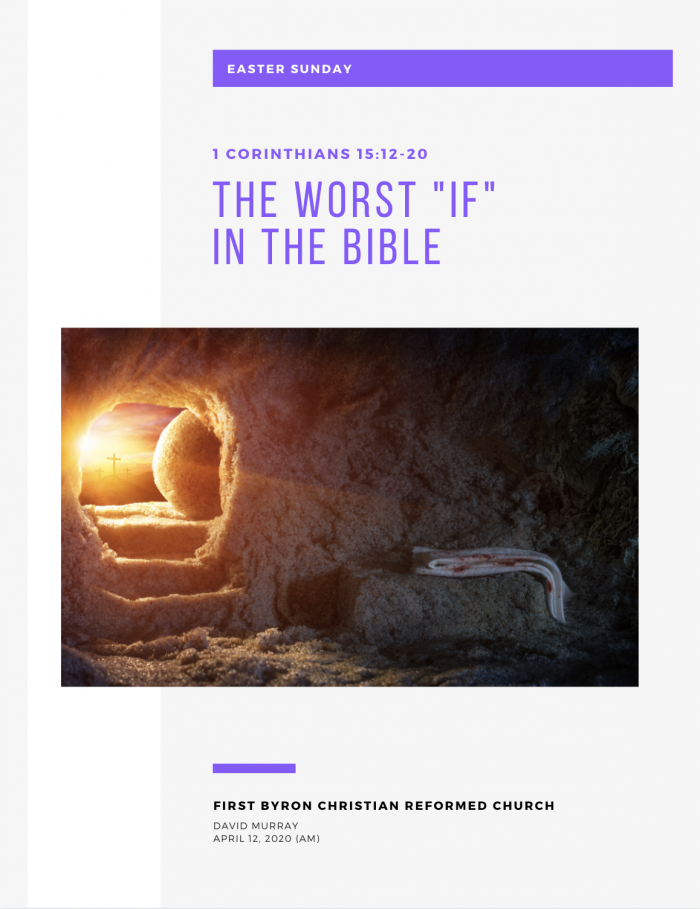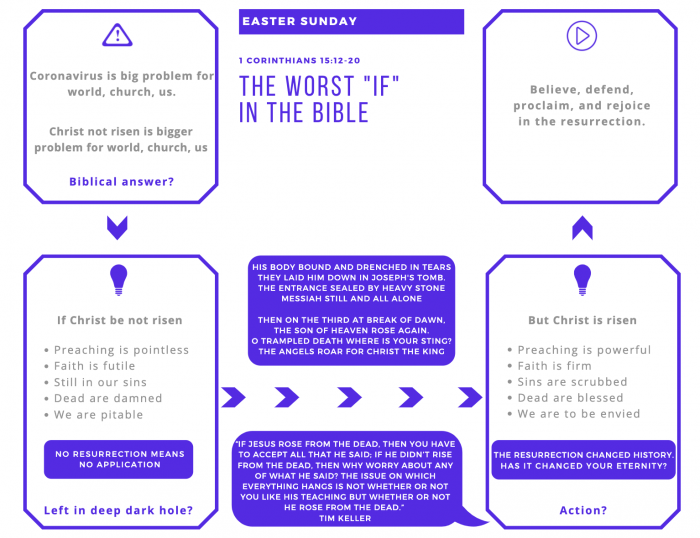Know-it-alls don’t love-at-all.
How can I say that? Because the Apostle James does. In James 3:13 he asks, “Who is wise and understanding among you?” and answers, “By his good conduct let him show his works in the meekness of wisdom.”
The Apostle links a wise and humble mind with good works. This implies the opposite, that a proud know-it-all mind will be evidenced in bad works. That’s made explicit in the following verses.
I’m sure many of us don’t need much persuasion that know-it-alls don’t love-at-all. We see it all around us in the lives of proud academics, arrogant new atheists, and our political and media elites.
Surely, none of us want to know like that or live like that, I hope. Instead we want to live a beautiful loving life. James shows us how in verses 14-18.
IF WE THINK LIKE HELL WE WILL LIVE LIKE HELL
Look at how James links proud knowledge with hate-filled living.
But if you have bitter jealousy and selfish ambition in your hearts, do not boast and be false to the truth. This is not the wisdom that comes down from above, but is earthly, unspiritual, demonic. For where jealousy and selfish ambition exist, there will be disorder and every vile practice (14-16).
Pride in our knowledge is from hell and fills us with the contents of hell: hate, jealousy, selfishness, war, and sin. Proud knowledge gives us a sight of hell on earth.
That’s a terrifying prospect isn’t it? Can we change that? God can.
IF WE THINK LIKE HEAVEN WE WILL LIVE LIKE HEAVEN
Look at how James links humble wisdom with love-filled living.
But the wisdom from above is first pure, then peaceable, gentle, open to reason, full of mercy and good fruits, impartial and sincere. And a harvest of righteousness is sown in peace by those who make peace (17-18).
When heaven teaches us, we are filled with heaven: purity, peace, gentleness, reasonableness, mercy, fruit, impartiality, sincerity, righteousness. Humble wisdom gives us a glimpse of heaven on earth.
Wouldn’t you like to be this beautiful and see such beauty?
LIVING THE BIBLE
Get heavenly wisdom from heaven to live a heavenly life. Know Christ to bring heaven to earth.
PRAYING THE BIBLE
Lord Jesus, you are perfect Wisdom and you are perfect humility. You attract us to your teaching by your humility. We hear you saying, “Take my yoke upon you, and learn from me, for I am gentle and lowly in heart, and you will find rest for your souls.” And so we come to learn from you.
We confess we are, at times, know-it-alls who do not love-at-all. We confess that we sometimes think like hell and therefore live like hell. Help us to think like heaven and so live like heaven. We come to you to get heavenly wisdom to live a heavenly life and so bring you to earth. Amen.
Listen to this episode on Living the Bible podcast. You can subscribe to the podcast on iTunes and Spotify. Index to Living Faith in Testing Times series.

